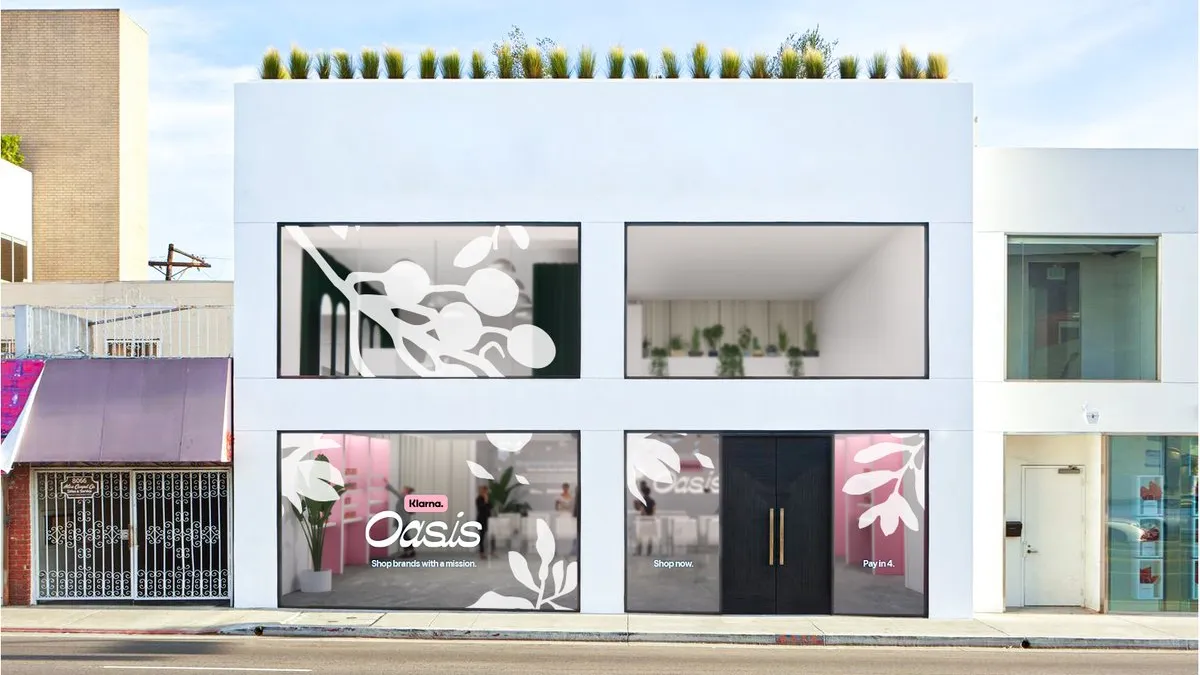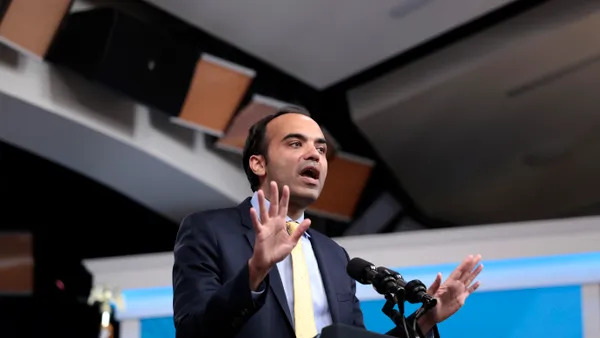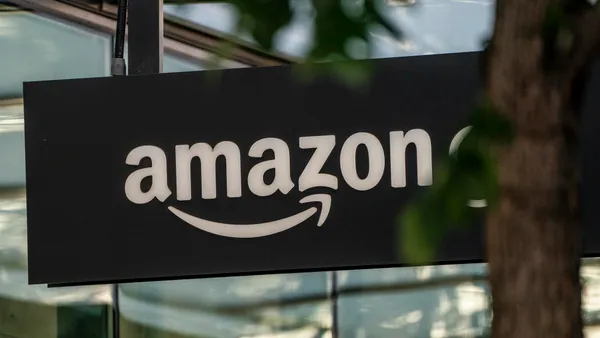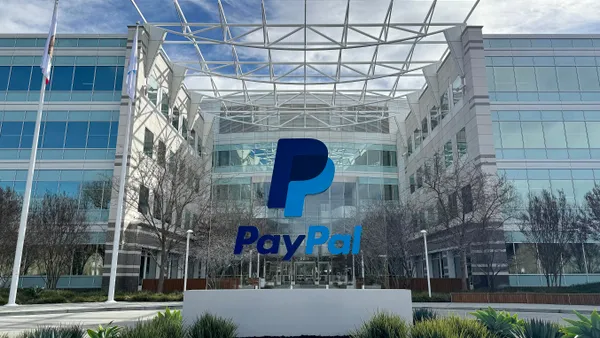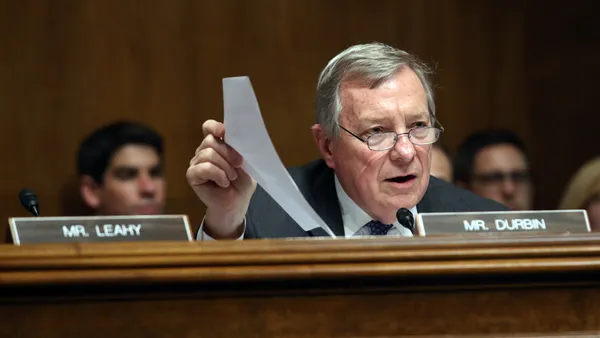Dive Brief:
- Installment payment platform Klarna is hosting “Klarna Oasis,” its first retail pop-up in Los Angeles on Saturday and Sunday, the company said in details emailed to Retail Dive. The pop-up shop emphasizes conscious fashion and clean beauty, and is located on Melrose Avenue.
- During the pop-up, the buy now-pay later platform will offer shoppers online and in-store discounts on products from brands such as Rebecca Minkoff, Christy Dawn and Westman Atelier. In-store shoppers can also donate gently used clothing and shoes to Soles4Souls, the company said.
- The payments company is also hosting a fireside chat about regenerative agriculture in the sustainable fashion movement on Saturday with Raji Behal, global head of partner success at Klarna; Aras Baskauskas, co-founder and CEO of Christy Dawn; and Jasmyne Spencer, professional soccer player at Angel City Football Club.
Dive Insight:
The goal of Klarna’s Los Angeles pop-up is to provide a hub for sustainable fashion and beauty products, the company said in its announcement. As the payments firm dabbles in brick and mortar, however, the landscape in which it operates has become more challenging.
The fintech firm raised $800 million last week from multiple current and new investors, but its valuation plummeted more than 85% to $6.7 billion. Back in May, the buy now-pay later platform laid off 700 employees, but it did not disclose what kind of workers were let go or what offices faced the deepest cuts. The recent challenges indicate that BNPL providers — many of which have not reached profitability — aren’t immune to economic pressures.
The overall installment payment industry also is facing scrutiny from researchers, advocacy groups and regulators. In March, U.K. economists published a working paper indicating that 19.5% of active U.K. credit card holders had used their cards to cover buy now-pay later transactions in 2021, warning that some consumers risked entering a “debt spiral.” That same month, a poll of 5,033 U.S. households conducted by the Financial Health Network found that a quarter of BNPL users were financially vulnerable.
In response to the risks posed by the BNPL industry, a push for regulation has also emerged. In March, 77 nonprofit organizations, including the Center for Responsible Lending and the Association for Financial Counseling & Family Education, called on the Consumer Financial Protection Bureau to implement stronger regulations on buy now-pay later companies. For its part, the CFPB has urged credit reporting bureaus to standardize procedures for reporting consumers’ buy now-pay later transactions.
Despite a tougher operating environment, Klarna continues to expand its capabilities. In February, Klarna tapped WebBank and Visa to create a physical card with a “Pay in 4” option. In May, the platform debuted a virtual shopping feature to let consumers browse and buy products online and chat with in-store employees.
The popularity of buy now-pay later continues to rise. The Worldpay unit of Fidelity National Information Services released a report in March estimating that buy now-pay later transactions will comprise $438 billion (5.3%) of the worldwide e-commerce transaction value by 2025, an increase from $157 billion (2.9%) in 2021.


